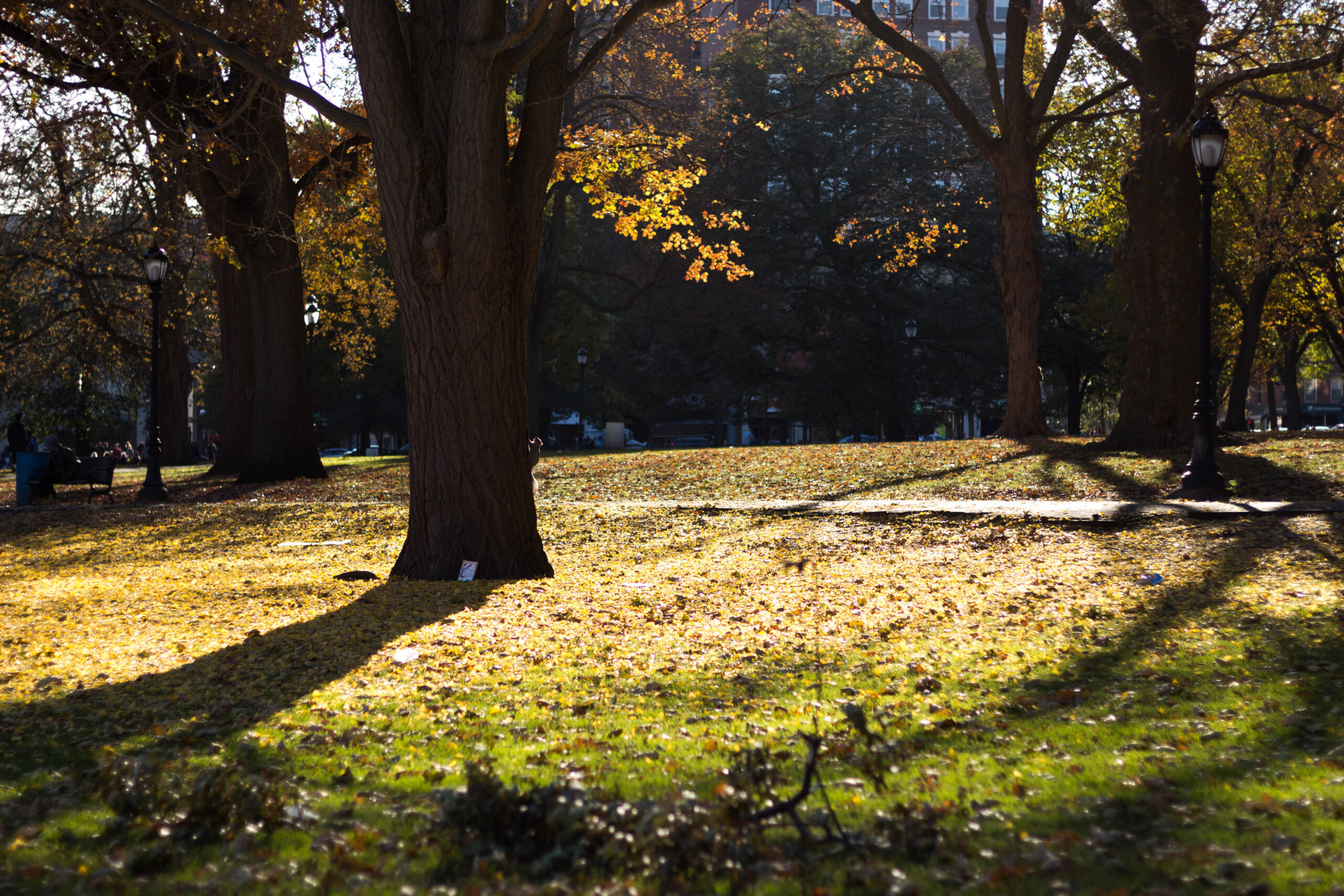Private Prisons: Corrections or Corruption?
As the number of inmates continues to increase, the profits of private prisons increase, making over $7.4 billion a year. Does this increase in profit come from exploitation of inmates or simply due to rising crime?

Daniel Zhao, Staff Photographer
By Meryl Abe
In 2022, 8 percent of all prisoners in the U.S. were incarcerated in private prisons — a 5 percent increase from 2000. Private prisons make an estimated $374 million in profit each year, with profits increasing along with an increase in prisoners. Private prisons are for-profit, prison owners have a larger incentive than public prisons to minimize costs and exploit labor from inmates and staff . As advocates argue that private prisons provide the same quality while saving taxpayer money, one question looms: are private prisons helpful or harmful to the US?
Private prisons began to grow in popularity during the 1980s: when the war on drugs began and tough on crime policies came into effect. This led to a significantly larger increase in prisoners than space for them in prisons, so private prisons were used to take in some of the prisoners.
However, private prisons have been around for a lot longer. Louisiana was the first state to privatize their penitentiary in 1844, and other companies followed suit after the Civil War. After the Civil War, when slavery was mostly abolished, plantations no longer had slaves to perform the necessary labor, paving the way for prisoners to take over that role.
Most people in the U.S. know that the 13th amendment abolished slavery, but many do not know that there is a loophole in which slavery is still allowed. The 13th amendment states, “Neither slavery nor involuntary servitude, except as a punishment for crime whereof the party shall have been duly convicted, shall exist within the United States, or any place subject to their jurisdiction.”
This means that it is legal for private prisons to force inmates to perform labor for minimal to no pay- making it essentially another form of slavery. For example, in Oklahoma, inmates were forced to process chickens at a facility for no pay. Actions such as these may cause a significant increase in profits for the prisons because the inmates do not make any money.
Organizations against private prisons argue that this is the reason why we need to shut down private prisons. Private prisons have a higher incentive to keep prisoners in their prisons rather than reduce recidivism because if they have more prisoners, they get more labor and more profits. Most private prisons pay less than $1 per hour, some even only paying $0.25 according to Statista.
Higher recidivism rates were shown in a study from Washington State University, which found that private prisons led to an average increase of 178 new prisoners per million population per year. They worry that there is corruption in the justice system: judges giving out harsher sentences so that private prisons can make more profit. For example, the ‘kids for cash’ scandal, where two judges were bribed to give out harsh sentences to juvenile offenders. This may also be a reason for the increased profits.
Another major controversy is the conditions inside private prisons for prisoners and staff. Attacks on staff from prisoners were 163% higher and inmate-on-inmate attacks were 30% higher. Critics also claim that the food is poor quality and there is insufficient medical care. It therefore brings up the question of whether these horrible conditions come from cost cuts which allow the industries to make more profit.
Additionally, private prisons are not subject to FOIA (Freedom of Information Act) requests, causing a lack of transparency. It makes it harder for the public to know what goes on in the prisons and to hold the prisons accountable for their action. This means that they can perform cost cutting methods which public prisons are unable to, that can also increase their profits. By contrast, public prisons are subject to FOIA.
According to Eugene Kim, an ordinary citizen, she said that she did not have much of an opinion on the subject due to a lack of knowledge about it. When she was given context on the controversy surrounding private prisons, she said that “This is really surprising and I didn’t know that slavery is still legal in a way, but I think it is still corrections over corruption. I think we should stop this, but I’m also worried about more taxpayer money needing to be spent.”
The last part reflects the main argument made by advocates for private prisons — which is that public prisons are more costly than private ones.. Private prisons have lower annual costs per inmate compared to public prisons. Statista found that public prisons spend on average $25,251 per prisoner, while private prisons spend on average $22,159 per prisoner. They can maintain inmates for less taxpayer dollars. They are also more flexible because they can be built and operated quickly according to where overcrowding takes place.
Overall, there are benefits and drawbacks to private prisons. There is suspicion of exploitation, dangerous conditions, increased incarceration, and corruption. However private prisons can be cost-efficient. Ultimately, it is up to policymakers and the public to consider both sides and determine where they are truly corrections or corruption.






